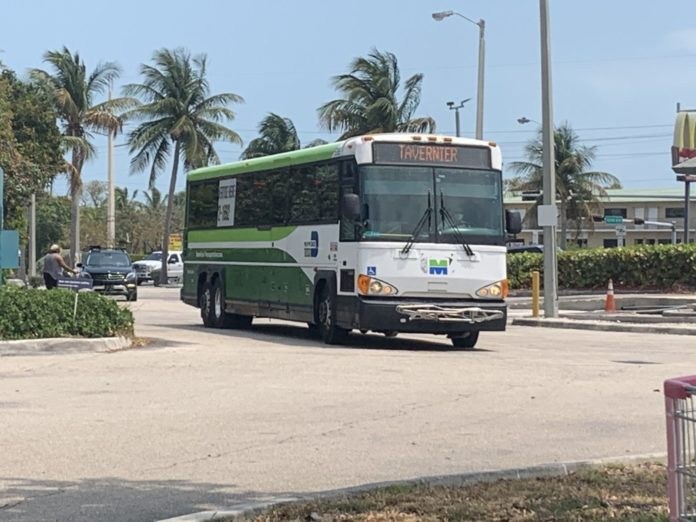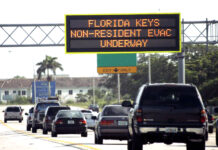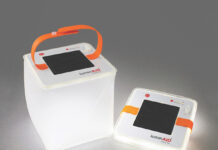To meet the special needs of residents with physical and mental challenges during evacuations and sheltering, Florida law requires each local emergency management agency in the state to maintain a registry of disabled persons in that agency’s jurisdiction.
“Our special-needs residents will be screened, transported, sheltered and cared for under the same pandemic precautions as the general population — temperature checks, hand sanitizer stations, social distancing measures, increased sanitation schedules, increased square footage per person, and isolation locations for those that are sick,” said Shannon Weiner, Monroe County Emergency Management Director.
Masks will be “recommended” and each person who shelters will receive a mask upon entry to the shelter.
With Monroe County’s system, Everbridge, registrants will be notified by telephone, text, email, or smartphone of a pending evacuation and be given specific instructions to follow when evacuating to the Special Needs Shelter. Officials will make every attempt to reach out via the methods the registrant prescribes when he or she registers.
Eligible conditions for the Special Needs Shelter include, but are not limited to: Being dependent on supplemental oxygen • Limited mobility • Needing assistance with daily activities such as feeding, medications and hygiene • Moderate dementia • Cognitive impairment • Immobile or wheelchair bound • In need of wound care and/or in need of constant supervision.
All applications will be reviewed by medical staff from the Department of Health and assessed for program eligibility. Ineligible applicants will be referred to applicable sheltering options, which may include a general population emergency shelter or a specialized medical facility or nursing home.
The Special Needs Registry is not a replacement for having an evacuation plan of your own. Residents should try and seek help or shelter from family, friends or neighbors in a hurricane or other disaster. Public shelters should be a last resort for those who have no other choice.
For residents that have registered and requested transportation assistance, he or she will be notified through a specified method of communication in advance of evacuation. At that time, the registrant must make a decision whether or not to evacuate with the help of county officials as there will be no second phone call. For those who decide to take part, they will be directed to the nearest staging area or arrangements will be made to pick them up. Registrants must have belongings and supplies packed and ready to go.
EMERGENCY BUS
Monroe County encourages individuals living in storm surge planning zones and mobile homes to have arrangements in place to stay outside of the areas called for phased evacuations during a tropical storm or hurricane. Monroe County Emergency Management will activate specific emergency evacuation bus pick-up stops along U.S.1 as directed by the Monroe County Sheriff Office.
“Monroe County regular bus service (Key West Transit and Miami-Dade Express) run free of charge, utilizing all regular stops, to the general population shelters designated open when a general population evacuation has been called,” said Weiner.
It is the responsibility of the residents to get to the designated pick up site. The buses placed into service for the evacuation will have displays that read “EMERGENCY EVACUATION” and these buses will only travel between the Keys and the out-of-county hurricane shelter.
HOW DO I SIGN UP?
The registration portal can be reached by visiting Special Needs Registry Everbridge Application Portal (https://member.everbridge.net/892807736729402/login) and applicants will be directed through the registration process. Applicants may also download the Everbridge App for smartphones at https://www.everbridge.com/app or through the App Store for iPhone and Google Play for Android devices. If residents are unable to register on their own, or do not have access to the internet, they may seek assistance through a home health care provider, primary care physician, case manager, or family and friends.


























